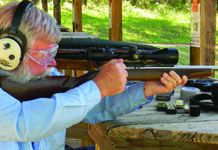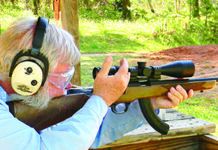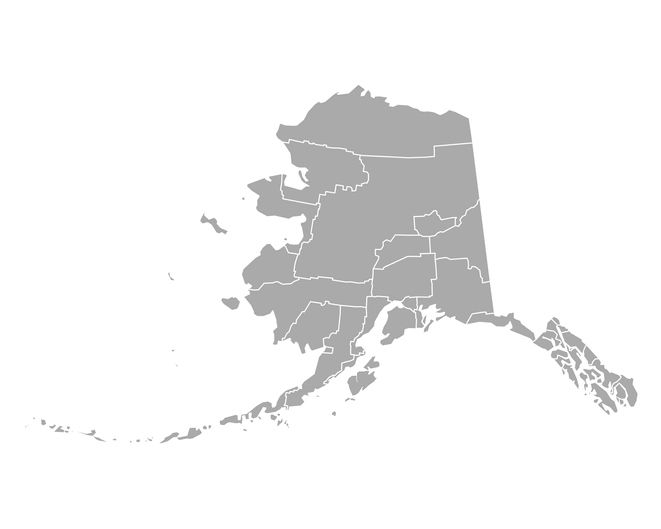Alaska is a shall-issue, permitless carry state, meaning no permit is required for concealed carry for any person who is 21 years of age and who can legally possess firearms.
Is There a Waiting Period to Buy a Gun in Alaska?
No. There is no firearms registration, no permit is required to purchase firearms and no background check is required to buy a handgun from a private individual.
Who Is Eligible To Obtain a Pistol Permit/Conceal Carry Permit in Alaska?
No permit is required to open or conceal carry, but Alaska will issue a permit to any state resident who wishes to be exempt from background checks when purchasing additional firearms or wants to conceal carry in other states with a reciprocity agreement. Concealed carry permits are issued by the Alaska State Police and require a firearms training course that has been state-approved.
What are the requirements to obtain a gun permit in Alaska?
Guidelines to obtain a Alaska gun permit:
- Be at least 21 years of age.
- Must be a resident of Alaska.
- Be eligible to own/possess a handgun under state and federal law.
- Be a suitable person to be licensed.
- Pass a handgun training course.
What are the steps to obtain a gun permit in Alaska?
Alaska pistol permits/conceal carry permits are issued by the Alaska State Police.
Step 1: Complete a firearms training course within 12 months of application
Step 2: Have fingerprints taken by an approved vendor. To find Approved Fingerprinters, go to: https://dps.alaska.gov/Statewide/R-I/Background/Fingerprinters
Step 3: Download and complete an application from. To obtain a concealed handgun form, go to: https://dps.alaska.gov/Statewide/R-I/PermitsLicensing/ConcealedHandguns#ACHPForms
Step 4: Take completed application to State Troopers’ office along with:
- Firearms training course certificate
- Valid Alaska driver’s license or ID card
- One passport-style photograph
- Two complete sets of fingerprints
How much does an Alaska Pistol Permit/Conceal Carry Permit Cost?
It costs $87 for a new permit for 1 year, and $25 for a renewal.
Does Alaska Recognize Pistol Permits From Other States?
Yes. Alaska honors all out-of-state conceal carry permits also, since Alaska is a permitless carry state, any person 21 years of age and older who can legally possess a firearm may carry a concealed firearm on his or her person without a license or permit.
Alaska Gun Laws 2022
Is Alaska a Constitutional Carry State?
Alaska allows any person 21 years of age and older who can legally possess a firearm may carry a concealed firearm on his or her person without a license or permit.
Is Alaska an Open Carry State?
Yes. Alaska is an open carry state which means any person at least 21 years old and legally entitled to posses a firearm can open carry.
Is Alaska a Stand Your Ground State?
Yes. Alaska is a Castle Doctrine state. You are allowed to stand your ground and you do not have the duty to retreat before using deadly force in your temporary or permanent residence, property owned or leased, at your workplace, or when protecting a child or a member of your household.
Are AR-Style and Other Semi-Auto Rifles Legal in Alaska?
Yes. There are no state laws in Alaska restricting assault weapons.
Are Standard-Capacity Magazines Allowed in Alaska?
Yes. In Alaska there are no state laws restricting magazine capacities.
What Are Alaska Gun Storage Laws?
In Alaska there are no laws requiring someone to secure a firearm or be stored in a certain way.
Is Alaska a Red Flag State?
No. The state does not have Red Flag laws, otherwise known as Risk Warrant or Risk Protection Order statutes, which allow authorities to remove firearms from a person’s possession under certain circumstances.
DISCLAIMER: Gun-Tests.com provides this information to subscribers and readers, and does not constitute legal advice. Although we attempt to address all areas of gun laws in all states, we make no claims, representations, warranties, promises or guarantees as to the accuracy, completeness, or adequacy of the information disclosed. Gun laws are constantly changing, for legal advice, consult a lawyer in your state.






























